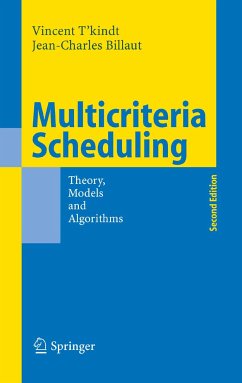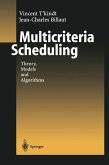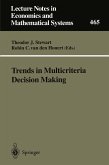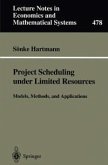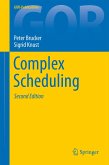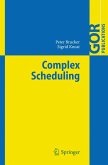Dieser Download kann aus rechtlichen Gründen nur mit Rechnungsadresse in A, B, BG, CY, CZ, D, DK, EW, E, FIN, F, GR, HR, H, IRL, I, LT, L, LR, M, NL, PL, P, R, S, SLO, SK ausgeliefert werden.
"The book is devoted to a particular class of scheduling problems, namely, to those that involve multiple criteria for the evaluation of the constructed schedules. This approach is highly motivated by practical needs, several examples of which illustrate the thesis well. ... The book is complemented by two appendices presenting, respectively, the notation of scheduling problems and a synthetic summary of the results presented. Summing up, I consider this book being a valuable introduction to the interesting field of multicriteria scheduling problems ... ." (Jacek Blazewicz, Zentralblatt MATH, Vol. 1126 (3), 2008)

